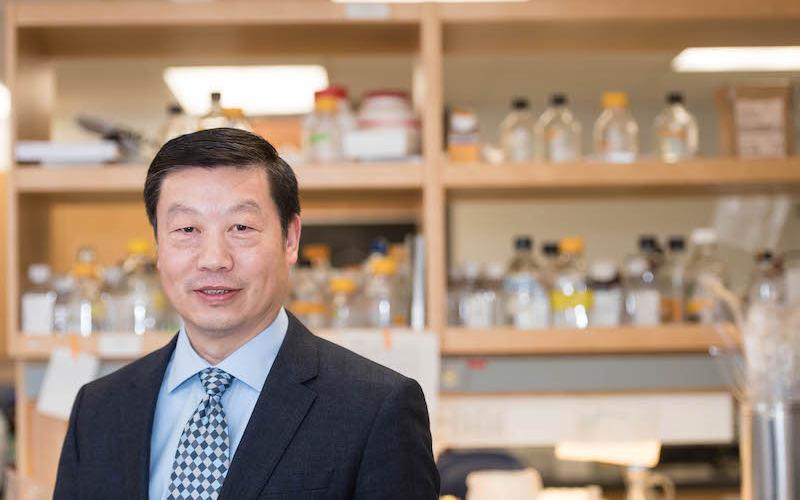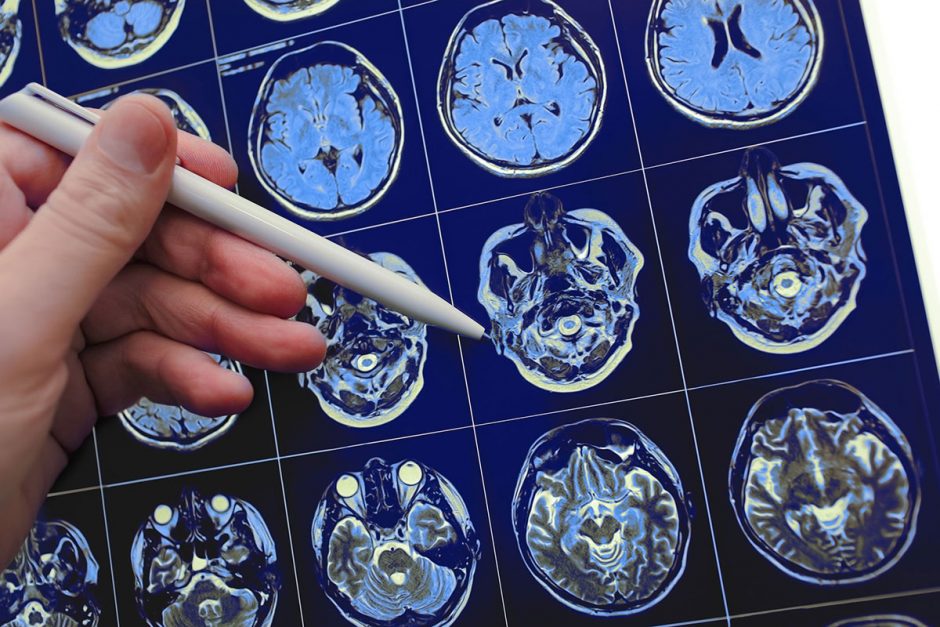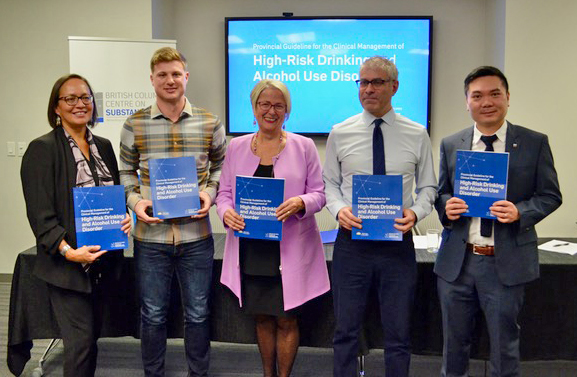Since the 1950’s, UBC has been the site of groundbreaking discoveries in understanding, diagnosing and treating a number of brain disorders and diseases. It is also home to Canada’s largest integrated research and treatment facility – the Djavad Mowafaghian Centre for Brain Health.
Today, more than 500 researchers continue to be at the forefront of brain research, pioneering their work around mental health and addictions, dementia, and movement disorders.
Skip to Stories
Discoveries
- 2017: Controversial treatment for MS found to be ineffective
- 2017: Link between vitamin A and Alzheimer’s disease
- 2017: Scientists create mouse that resists addiction
- 2016: Antibiotic restores brain cell communication damaged by Alzheimer’s
- 2015: Regular exercise can reduce risk of dementia
- 2012: Gene linked to Parkinson’s disease found
Key Research Groups
- BC Centre on Substance Use
- Brain, Behaviour & Development
- Centre for Research on Personhood in Dementia
- Djavad Mowafaghian Centre for Brain Health
- Dynamic Brain Circuits and Connections in Health and Disease cluster
- Edwin S.H. Leong Healthy Aging Program
- Institute of Mental Health
- Pacific Parkinson’s Research Centre
Spotlight

Online supports for COVID-19 stress are there—but Canadians aren’t accessing them
Many Canadians are not making use of virtual resources that could help them cope with the mental health impacts of the COVID-19 pandemic.
Read more >

The unique mental health and brain impacts of COVID-19
In a new paper, UBC's Dr. Judy Illes examines the unique neurological impacts and neuroethical challenges posed by COVID-19.
Read more >

Teens who participate in extracurriculars, get less screen time, have better mental health
A new study found spending less than two hours per day of recreational screen time was associated with lower levels of anxiety.
Read more >

The psychological toll of the pandemic – Will we ever shake hands again?
Dr. Lakshmi Yatham explores the psychological toll of COVID-19 and offers his advice on combatting stress and anxiety as society adapts to the new normal.
Read more >

Scientists discover gene that increases risk of Alzheimer’s disease
International research team led by Dr. Weihong Song has for the first time identified a gene that increases the risk of Alzheimer’s disease.
Read more >

8% of school-age children have thought about or attempted suicide
A new study looks at risk and protective factors associated with childhood suicide.
Read more >

Light therapy holds promise for people with bipolar disorder
Dr. Raymond Lam explains the growing body of research in this area.
Read more >

New study first to show rerouting patterns in the brain post-concussion
Researchers found alternative pathways by which the brain was redirecting information in those who were recently concussed.
Read more >

Living near major roads linked to increased risk of dementia, Parkinson’s, Alzheimer’s and MS
The higher risk is likely due to increased exposure to air pollution.
Read more >

Guideline supports people living with alcohol addiction
The guideline aims to bridge the significant research-to-practice gap in this field.
Read more >